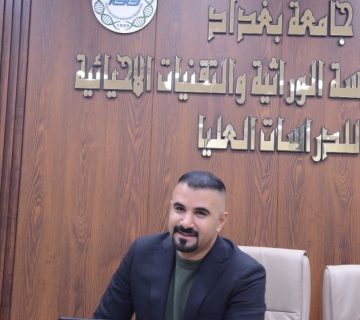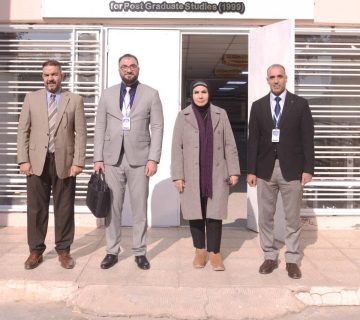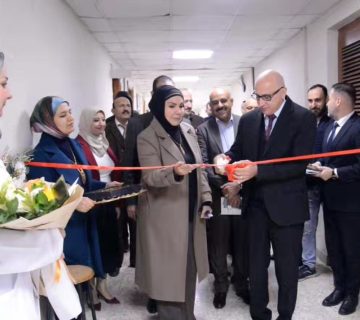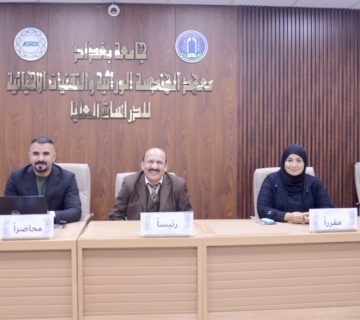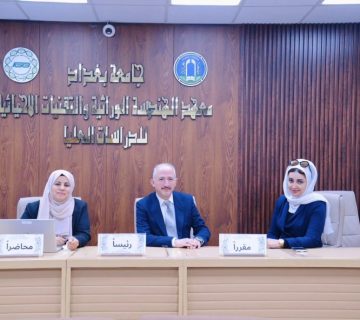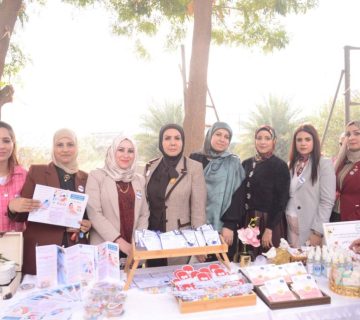The Institute of Genetic Engineering and Biotechnology for Postgraduate Studies at the University of Baghdad held a workshop titled “The Impact of Corruption on Human Rights,” presented by Assistant Lecturer Hussam Mohammed Salman from the Legal Division of the Institute.
The workshop was chaired by Dr. Amjad Mohammed, Head of the Legal Division, with Assistant Lecturer Fatima Hussein serving as rapporteur.
The aim of the workshop was to familiarize participants with the concept and manifestations of corruption, to raise awareness of key legal mechanisms for combating and eliminating it, and to ensure a collective understanding of the negative effects of corruption and its impact on human rights.
The workshop addressed the general concept of corruption, including its definition under the Arab Convention Against Corruption.
It also explored the relationship between corruption and human rights, as well as mechanisms for combating and limiting corruption by ensuring that all individuals are held legally, administratively, and ethically accountable for the outcomes of their actions. This includes requiring them to submit regular reports on their work and evaluating their effectiveness in implementation.
The workshop recommended the enforcement and activation of punitive laws against all forms of corruption and the adoption of general deterrence principles. It also emphasized the need to strengthen and support oversight bodies in performing their roles by providing them with the necessary tools and requirements to carry out their duties.
Additionally, it called for activating the role of educational institutions in instilling the understanding that corruption is a major crime and an infringement on people’s rights. This can be achieved by incorporating topics in educational curricula that promote a culture of integrity and the responsibility of safeguarding public funds.




